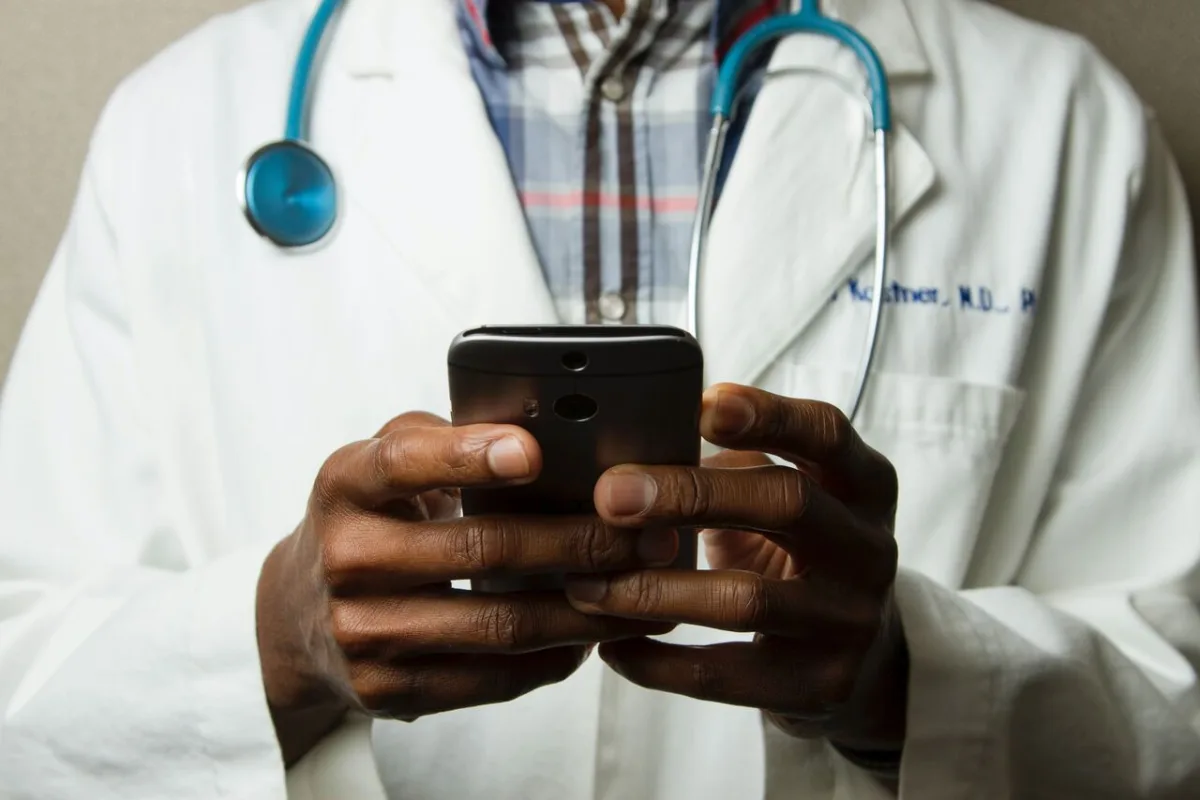With technology making profound strides in every aspect of our lives, healthcare stands as a prime beneficiary of this revolution. Health technology, an integral part of modern healthcare, is progressively changing the landscape of medical care, treatment, and health management. Basic digital health services are fundamentally altering the industry, promising a new era of medical care and increasing its accessibility worldwide. Let’s dive into some of the key aspects of how advanced health technology is revolutionizing the healthcare industry.
Digital healthcare delivery
For a long time, conventional healthcare relied heavily on physical interactions between patients and providers. The process often burdened patients with logistical challenges such as scheduling appointments and travelling to clinics, disproportionately affecting those residing in remote locations or those with mobility issues. Today, health technology is rewriting this narrative, introducing far-reaching changes in how healthcare is delivered.
Telehealth platforms democratize access to healthcare by transcending geographical boundaries and making healthcare consultation a virtual possibility. Patients can now interact with healthcare professionals from the comfort of their homes, saving time and reducing the need for physical travel.
Moreover, digital consultations minimize the risk of exposure to contagious diseases, a lesson painfully learned during the global COVID-19 pandemic. Consequently, telehealth services not only promote convenience, but also advocate safety and social responsibility in healthcare practices.
Remote patient monitoring
In tandem with telehealth, remote patient monitoring represents another facet of basic digital health services. Health technology allows patients to use devices to track their health data, such as heart rate, blood pressure, glucose levels, and more, in real time. This technology is getting increasingly accurate and easy to use from the comfort of your home, allowing patients to test themselves much more frequently. Medical alarms, such as those provided by Life Assure, enable patients to access emergency help via a monitoring center if they have a fall or another medical emergency.
Healthcare providers can then review this data and provide appropriate interventions, making disease management proactive rather than reactive. Such technology is invaluable for patients managing chronic conditions and offers immense potential for preventive healthcare.
Electronic Health Records
The digital transformation of healthcare data management through Electronic Health Records (EHRs) is a monumental shift enabled by health technology. EHRs facilitate the creation, storage and accessibility of real-time, patient-centered records. They ensure that critical health information, such as the correct coding anxiety disorder or any other diagnosis, is readily available to authorized users, significantly reducing the likelihood of errors and inefficiencies associated with traditional paper-based systems.
For instance, if a patient has received a blood test in a third-party clinic, the results of test results can be published in a system easily accessible to view to their GP, the patient as well as any other party involved. Consequently, EHRs enhance coordination among healthcare providers, optimize patient outcomes and improve the overall quality of care.
Mobile healthcare apps
Mobile health apps are emerging as a fundamental pillar of basic digital health services. These innovative applications serve as an embodiment of the transformative impact health technology is having on personal healthcare management. They empower patients to take greater control of their health, facilitating a shift from a purely provider-led model to a more patient-centered paradigm.
Mobile health apps provide an array of tools that allow patients to manage various aspects of their health. They include features for tracking physical fitness and nutrition, two crucial components of preventative healthcare. With the ability to monitor daily exercise routines, step count, caloric intake, and dietary patterns, individuals are given the power to make informed decisions about their lifestyle choices.
Moreover, these applications help patients manage medications, offering reminders and tracking systems to ensure adherence to prescribed treatment plans. This feature is particularly beneficial for patients with chronic illnesses, such as diabetes or hypertension, where consistent medication intake is crucial.
Artificial intelligence
AI (Artificial Intelligence) has already been used in the healthcare industry as a way to carry out medical research by collecting and analysing large pools of data on rare diseases and new drugs. However, the recent AI developments, such as the introduction of the powerful language model ChatGPT, have taken the world by storm. The platform is already assisting its users with health related advice, such as preliminary diagnoses for various illnesses, based on symptoms provided, and even playing a role of a mental health professional for those in need of therapy.
While professionals remain sceptical on the accuracy and readiness of AI tools when it comes to medical diagnosis, the platform has proved its ability to analyse vast amounts of data quickly and with high accuracy, easily recognising even the rarest of diseases. It has transformative potential in the healthcare industry, perhaps not replacing, but rather assisting healthcare providers that are already overstretched.
Conclusion: The future of healthcare
The ongoing revolution of health technology and its implication in enhancing basic digital health services is indeed a transformative era in the industry. It’s clear that these services will continue to evolve and adapt to the needs of healthcare providers and patients, creating a more accessible, efficient and effective healthcare system for all of us. Embracing these changes is not just beneficial – it’s essential for the future of healthcare.




